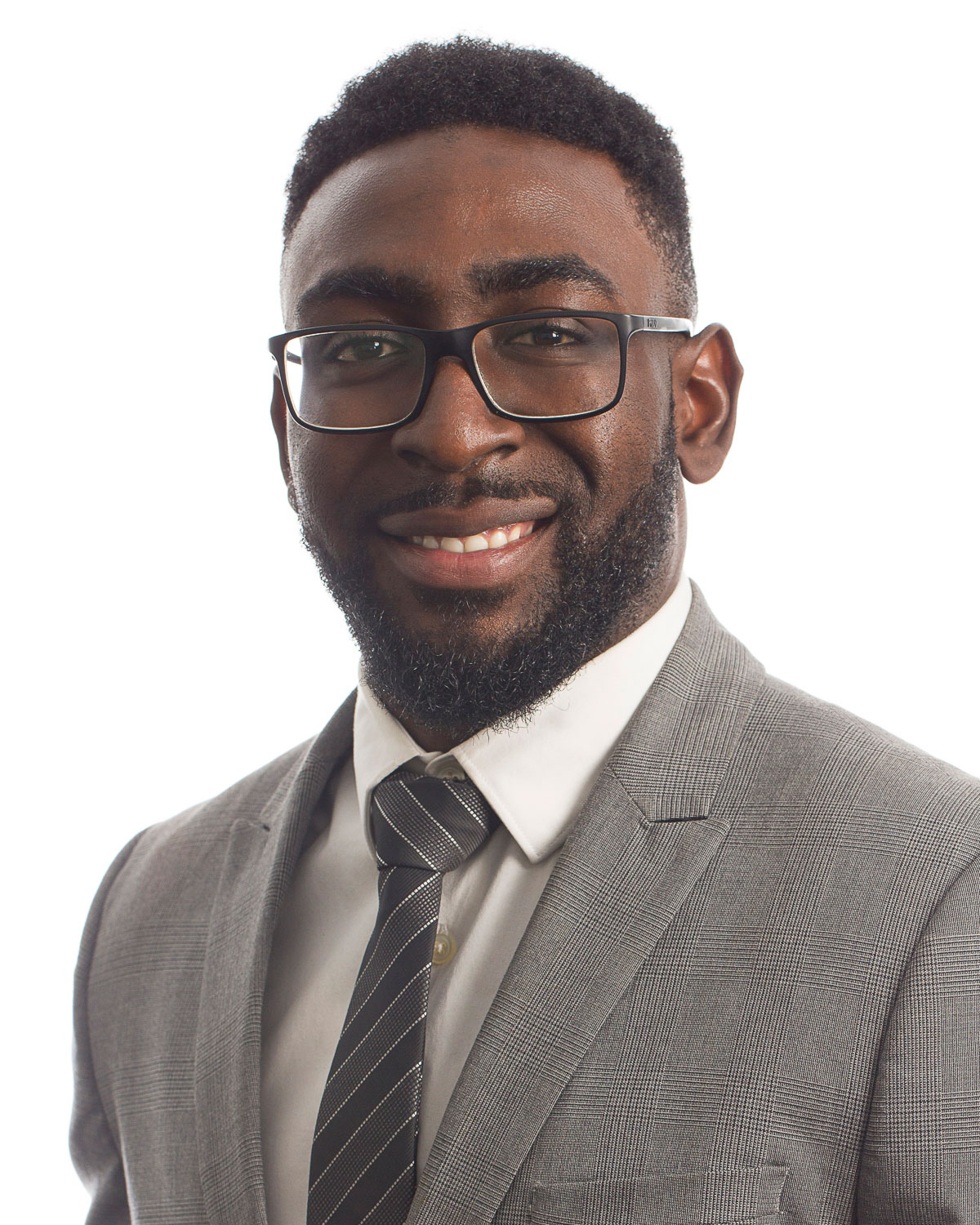Growth through varied experience: Q&A with Afa Malu, MBA 2019
 Why did you choose the Full-time MBA program at the UW Foster School of Business?
Why did you choose the Full-time MBA program at the UW Foster School of Business?
After 3 years of working as a mechanical engineer, I felt compelled to pivot my career. An MBA seemed to be a perfect complement to my degree, and I knew I wanted to work in the tech sector when I completed the next phase of my education. Through my research, I discovered all the benefits Foster had to offer. Its Seattle location gives us access to multiple tech companies around the area and in nearby Oregon and California; its stellar job placement rates gave me confidence that I would come out with a great role; Foster’s high ranking proves how well it competes with other top programs across the United States; and finally speaking to a class of 2018 MBA from Nigeria (as am I), showed me how much this program prioritizes diversity and inclusion. Considering all these factors, Foster was a no brainer for me.
Student Experience
What has been the highlight of your Foster MBA experience so far?
In the Winter quarter of the first year, we had the opportunity to work as a team with a company in the Seattle area for an Applied Strategy Project. My team worked with Intel’s Microsoft Sales group to explore the cloud developer market, analyzing their needs and how best to engage them. This experience provided so many beneficial layers that have and continue to influence the trajectory of my career. First, it exposed me to a topic I was interested in but did not have any in-depth knowledge. Second, I got to rely and work with my team more intricately than I had previously done. This project set the standard of teamwork I aim to have going forward. Next, having access to industry experts greatly broadened my network. Finally, I got to develop my leadership and client-facing skills, delivering a strong product after weeks of effort. Overall, this has been the highlight of my time at Foster.
Curriculum
Describe the classroom environment.
Classes are surprisingly relaxed here at Foster. Stereotypical MBA programs have a reputation for being cutthroat, but not here. Our smaller student body size ensures you do not disappear into the crowd. You can be as engaged as you want, but the only constant is that classmates and the professor always present thought-provoking points that you will benefit from. A lot of the classes utilize the case method which helps spur conversation and, in my opinion, provides deeper learning.
Have you participated in any experiential learning opportunities?
I had the opportunity to work with The Strategic Analysis, Research & Training (START) Center in the Department of Global Health through the year. I took this chance to work with non-MBA students, thus broadening my knowledge and interaction with a diversity of people. The program utilizes student-led teams of 2-5 to tackle various issues of global health, delivering high-quality research and analysis for our clients. This program has grown my consultation, research & analysis, and project management skills.
Faculty
What are your impressions of the faculty?
No two faculty members are the same, so you end up with a wide spectrum of personalities and teaching styles. You can tell our professors have honed their teaching style over a long period based on how effective they convey their lessons. There is always a personal touch present that I appreciate. If you spend any time with our faculty, you quickly realize why they have such great reputations.
Career Impact
Did you participate in the mentor program?
The mentor program was a highlight in my first year. We were exposed to industry players taking time out of their busy schedules to provide support for us in so many ways. My mentor was Dennis Karlinsky, and I was able to grow a relationship with him that extended beyond the program. He demonstrated a unique perspective on life and business that motivated me to have a growth mindset. Not everyone has the same experience through this program, but I personally appreciate the time the mentors commit.
Work / Life / School Balance
What strategies do you use to balance the MBA experience as well as your life outside of the program?
I quickly learned to rely heavily on my calendar to coordinate my life. The MBA program can be overwhelming if you do not schedule non-school activities; it’s very easy to ignore other aspects of your life. Having my schedule broken down helped me better allocate time outside of school. I highly recommend being intentional about getting away from campus when you can and being involved in something else. The good thing is there’s not a shortage of activities to do around the Seattle area.
Social Life
Are you involved with recreational clubs?
I was happy to find a community that enjoys soccer (football) as much as I do! We created a Foster team that plays in the Seattle-wide RATS league on Mondays; this has been a big part of my Foster experience. In April, Foster competes against other West Coast MBA programs on the Stanford campus for a weekend. We participate in various sports, cheering classmates on and having an overall great time. Monday night soccer keeps me fit enough during the year to play my best during the sports weekend.
Seattle
What are your overall impressions of the Seattle?
There is no shortage of activities to do in and around the Seattle area. Washington is a beautiful state filled with hikes, camping grounds, culinary spots, and so much more. I have tried to immerse myself in all these activities over the past two years yet have barely scratched the surface. There really is something for everyone who lives or visits, overall a fantastic place to be.
